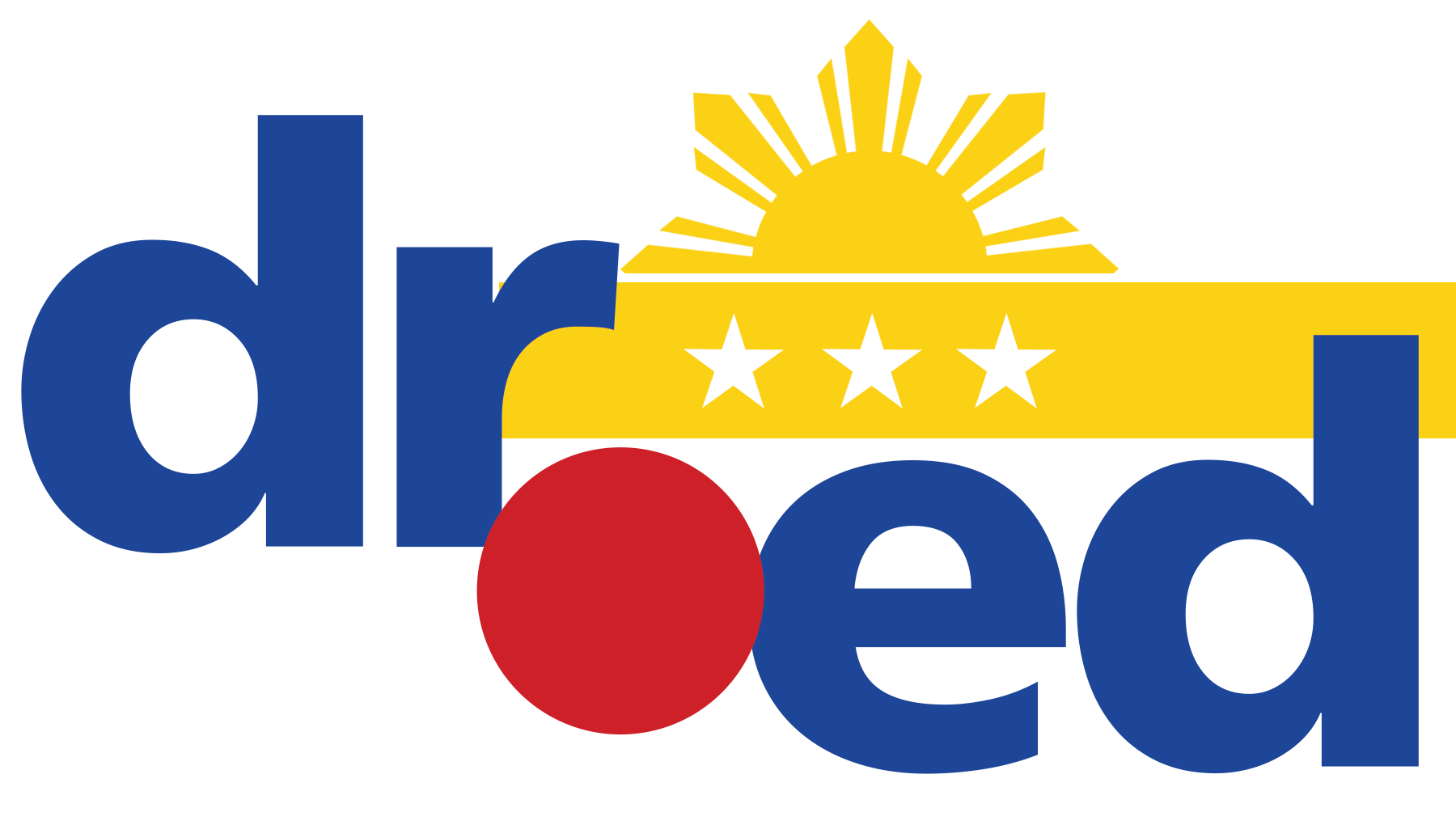Theory X
The average human being has an inherent dislike of work and will avoid it if he can.
- Because of their dislike for work, most people must be controlled and threatened before they will work hard enough.
- The average human prefers to be directed, dislikes responsibility, is unambiguous, and desires security above everything.
- These assumptions lie behind most organizational principles today, and give rise both to “tough” management with punishments and tight controls, and “soft” management which aims at harmony at work.
- Both these are “wrong” because man needs more than financial rewards at work, he also needs some deeper higher order motivation – the opportunity to fulfill himself.
- Theory X managers do not give their staff this opportunity so that the employees behave in the expected fashion.
Theory Y
- The expenditure of physical and mental effort in work is as natural as play or rest.
- Control and punishment are not the only ways to make people work, man will direct himself if he is committed to the aims of the organization.
- The average man learns, under proper conditions, not only to accept but to seek responsibility.
These theories are based on social science research which has been carried out, and demonstrate the potential which is present in man and which organizations should recognize in order to become more effective.
McGregor (1960) sees these two theories as two quite separate attitudes. Theory Y is difficult to put into practice on the shop floor in large mass production operations, but it can be used initially in the managing of managers and professionals.
In “The Human Side of Enterprise” McGregor shows how Theory Y affects the management of promotions and salaries and the development of effective managers. McGregor also sees Theory Y as conducive to participative problem solving.
The situation in which employees can be consulted is one where the individuals are emotionally mature, and positively motivated towards their work; where the work is sufficiently responsible to allow for flexibility and where the employee can see his own position in the management hierarchy. If these conditions are present, managers will find that the participative approach to problem solving leads to much improved results compared with the alternative approach of handing out authoritarian orders.
Once management becomes persuaded that it is under estimating the potential of its human resources, and accepts the knowledge given by social science researchers and displayed in Theory Y assumptions, then it can invest time, money and effort in developing improved applications of the theory.

